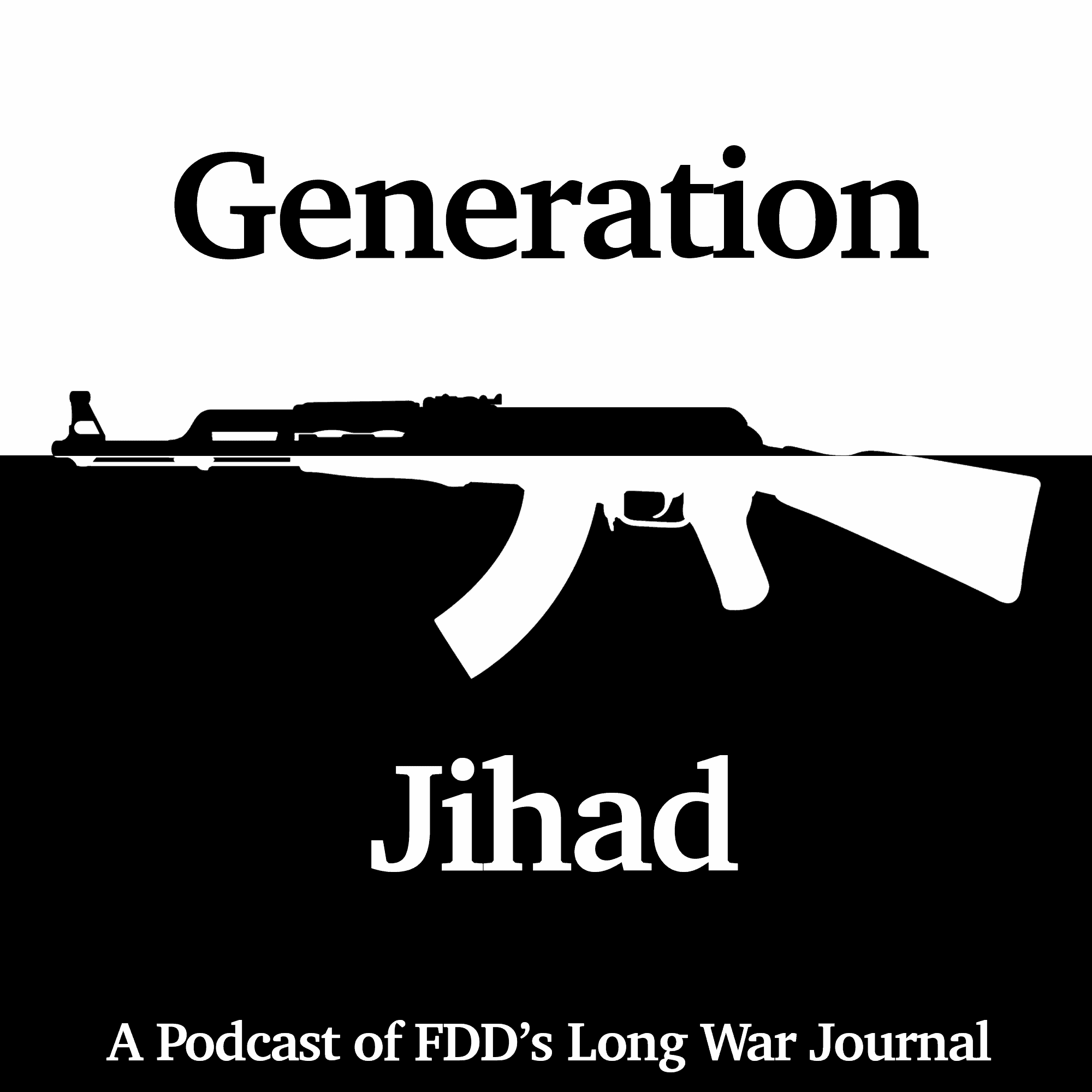
Generation Jihad Ep. 11: An Al Qaeda Sleeper Agent in Pensacola
Hosts Bill Roggio and Tom Joscelyn discuss the FBI’s breakthrough in the investigation into the Dec. 6, 2019 shooting at Naval Air Station Pensacola.

Hosts Bill Roggio and Tom Joscelyn discuss the FBI’s breakthrough in the investigation into the Dec. 6, 2019 shooting at Naval Air Station Pensacola.

Hosts Bill Roggio and Tom Joscelyn discuss the “endless wars” narrative, explaining why it is more accurate to call the conflicts unleashed by 9/11 an “endless jihad.”

Hosts Bill Roggio and Tom Joscelyn discuss the history of America’s drone campaign against al-Qaeda and ISIS.
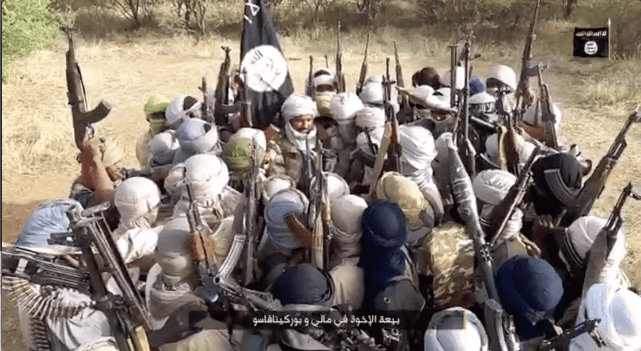
In the latest edition of its Al-Naba newsletter, the Islamic State claims that Al Qaeda started a war against the so-called caliphate’s men in West Africa. Independent reporting shows the two sides have clashed in recent weeks.
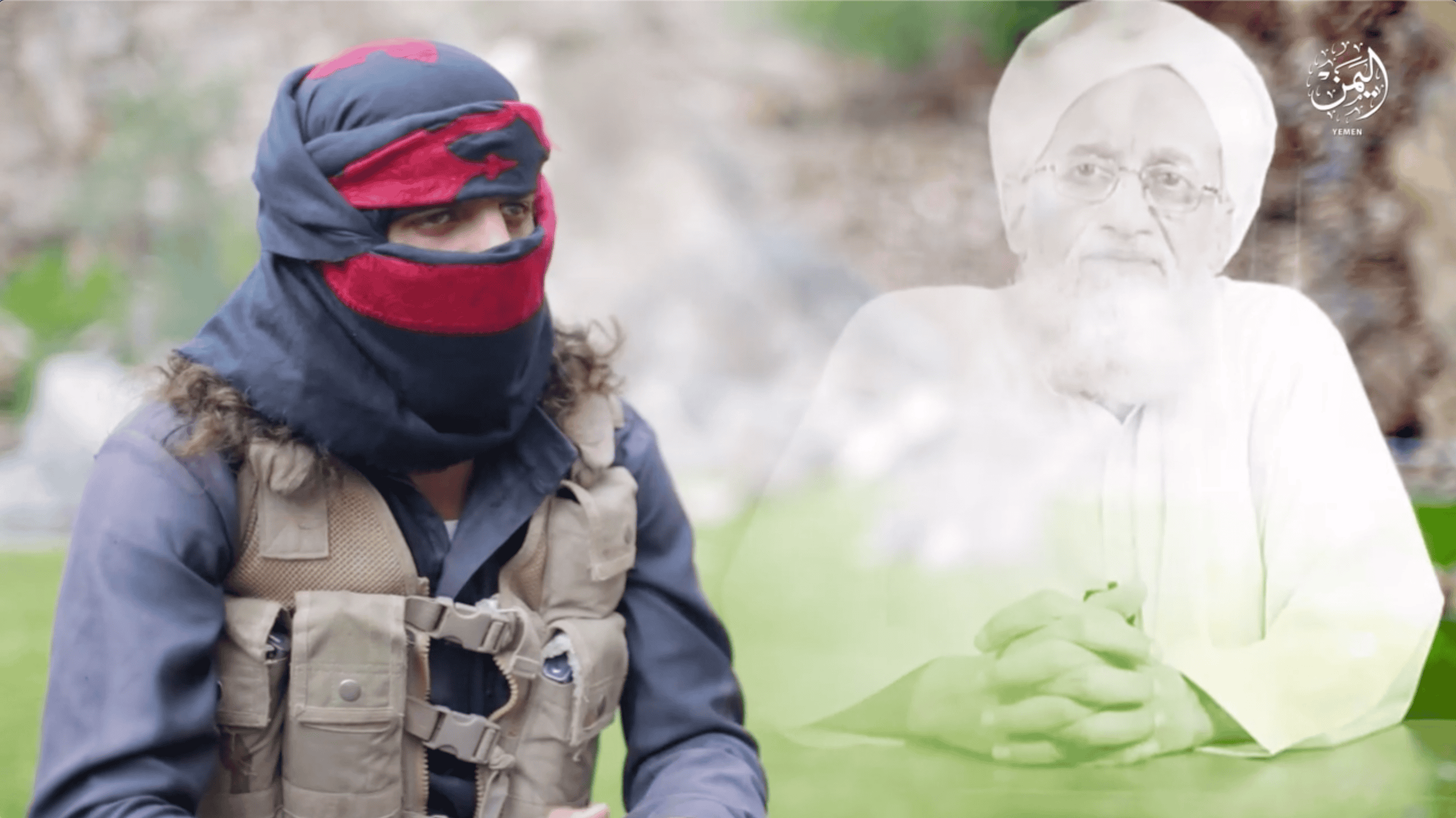
In late April, the Islamic State’s Yemen “province” released a video attacking al-Qaeda’s ideological credentials. The video is the latest piece of propaganda in the Islamic State’s campaign against its jihadist rival.
As the U.S. is relying on the Taliban to keep Afghanistan from being a haven for terrorists in the wake of an agreement between the two parties, the Taliban lauds Mullah Omar’s defense of Osama bin Laden after Al Qaeda’s attack on the U.S. on Sept. 11, 2001.

The Movement of the Taliban in Pakistan highlights the often overlooked relationship between the Afghan Taliban, its Pakistani brothers, and al Qaeda, and Pakistan’s complicity in propping up terror networks.
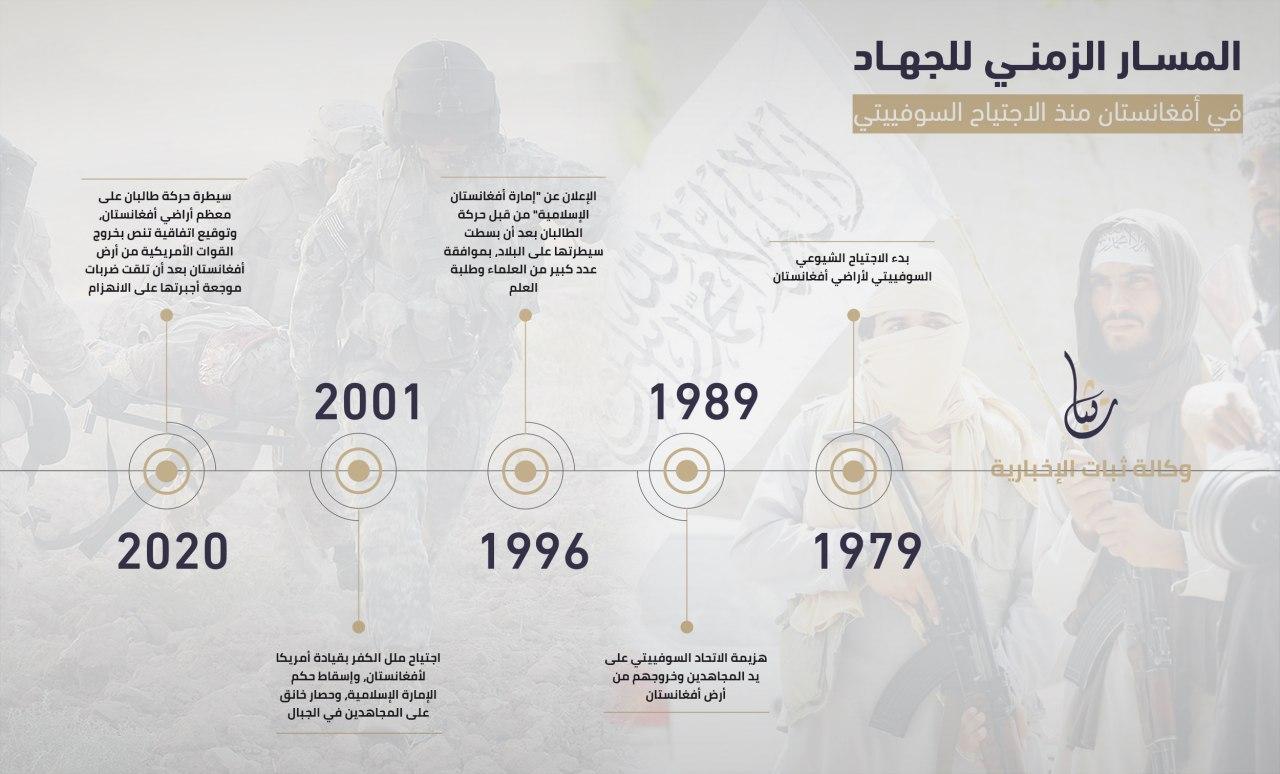
Thabat, an al-Qaeda-affiliated media outfit, has released a series of infographics that are intended to highlight the group’s global reach and resiliency. The images trumpet a large number of purported attacks in Afghanistan, as well as America’s withdrawal from the country.
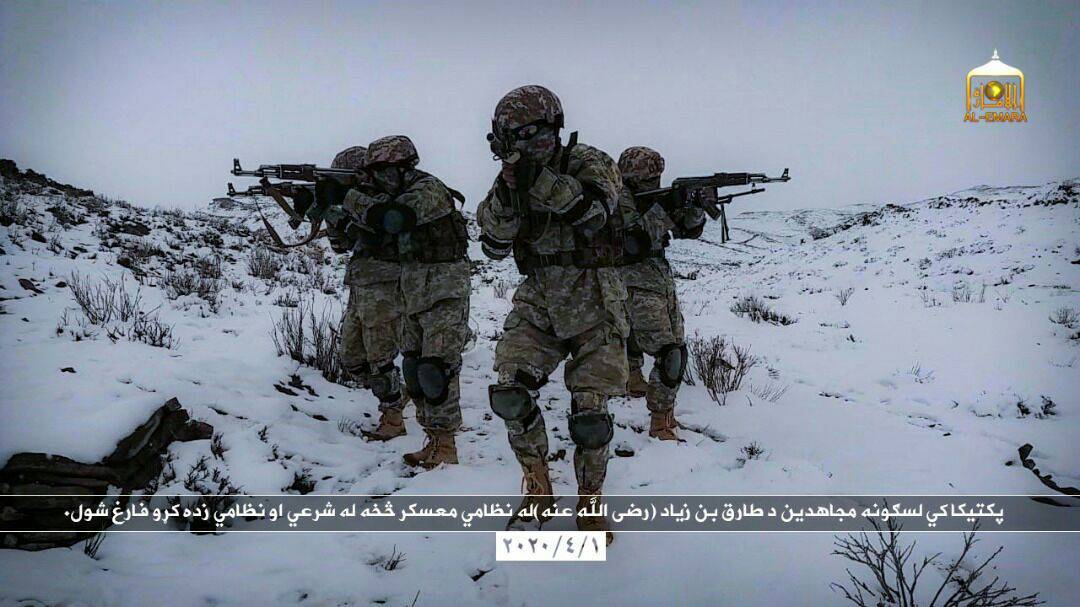
The Taliban again highlighted the Red Unit, the group’s special operations unit that spearheads its assaults throughout Afghanistan.
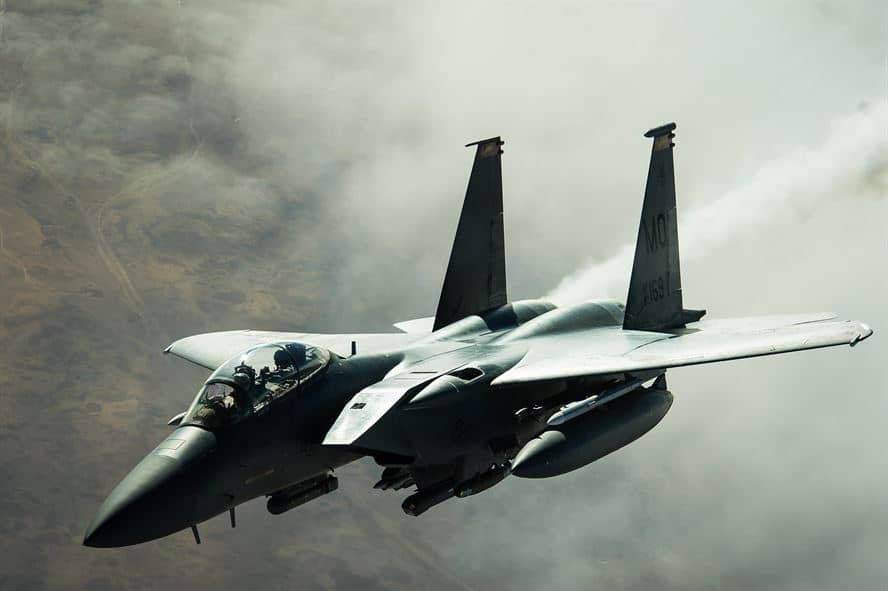
AFRICOM has stepped up its air campaign against Shabaab since the beginning of the year, targeting the group 33 times.

Hosts Tom Joscelyn and Bill Roggio discuss the rise of ISIS and how the idea of building a caliphate in Iraq evolved over time. Bill witnessed the jihadists’ earliest state-building efforts during multiple embeds in Iraq.

As U.S. Secretary of State Mike Pompeo calls for the Taliban to honor a non-existent commitment to “reduce violence,” the Taliban continues to train for war.

On March 19, Turkey’s defense ministry announced the death of two Turkish soldiers at the hands of “radical elements” in northwest Syria’s Idlib. The attack highlights Ankara’s challenges in the Syrian province.

Hosts Bill Roggio and Tom Joscelyn profile Al Qaeda in the Arabian Peninsula’s (AQAP) new emir, Khalid Batarfi.
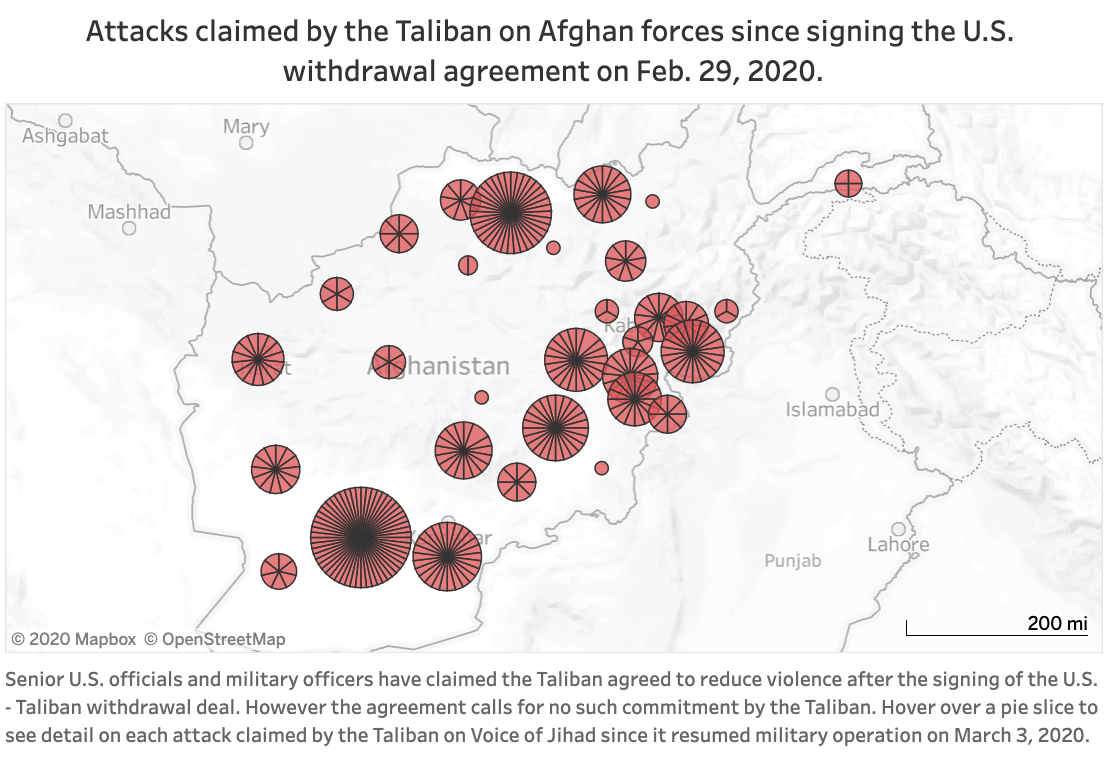
The Taliban has taken credit for 17 attacks per day against Afghan security forces. Despite promises from Secretary of State Mike Pompeo that the Taliban would “destroy” Al Qaeda, the Taliban has not lifted a finger against the group.

In a follow up to episode one, hosts Bill Roggio and Tom Joscelyn explain why wishful thinking in Afghanistan has led the U.S. to portray the Taliban as something it is not. True peace is not on the horizon.

Last week, AQAP released an audio message form its new emir, Khalid Batarfi. In it, Batarfi renews his allegiance to Ayman al-Zawahiri on behalf of AQAP. He also praises the Taliban and Shabaab.

Hosts Bill Roggio and Tom Joscelyn review the U.S.-Taliban withdrawal agreement and why it isn’t a true peace deal.
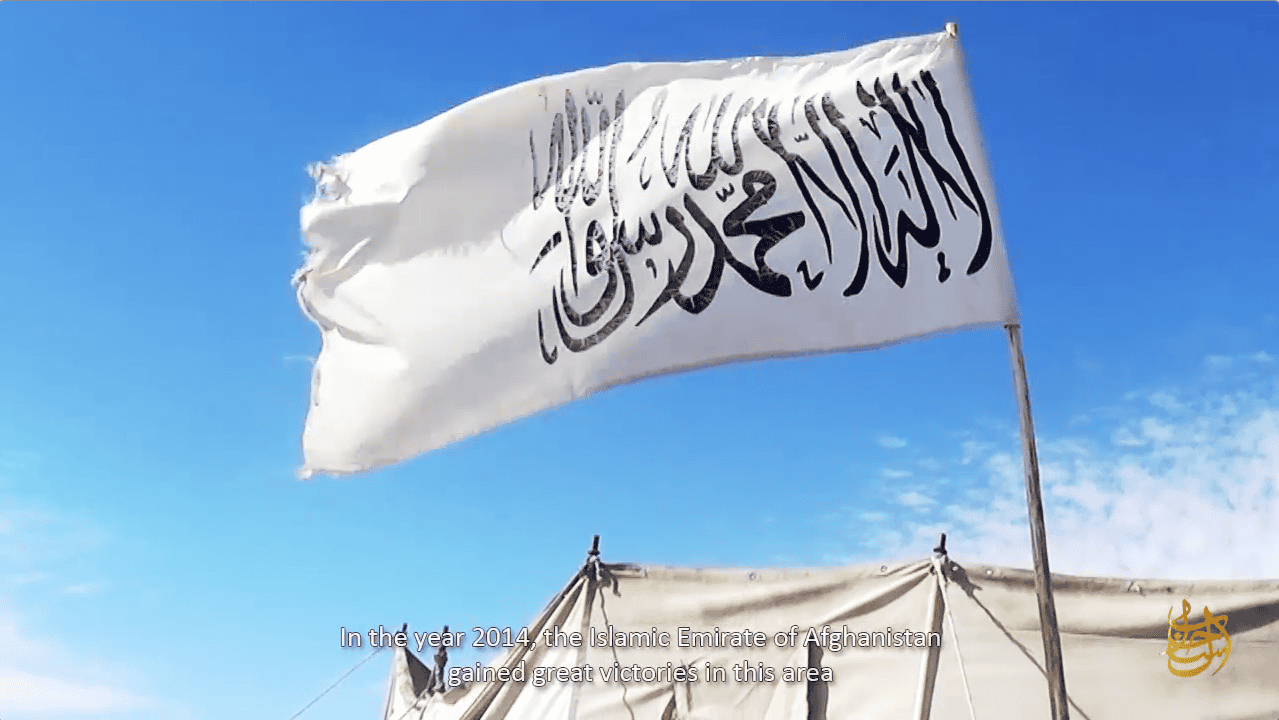
Al-Qaeda’s general command has released a three-page statement celebrating the U.S.-Taliban withdrawal agreement as a “victory” for the Taliban. Al-Qaeda calls on Afghans and the mujahideen to bolster the Taliban’s Islamic Emirate of Afghanistan.

Each week the Generation Jihad podcast will bring you a new story focusing on jihadism around the globe.

Al Qaeda’s branch in West Africa, Jama’at Nusrat al-Islam wal-Muslimin, has released a statement saying it is willing to meet with the Malian government — but only after French and allied forces withdraw from the area.
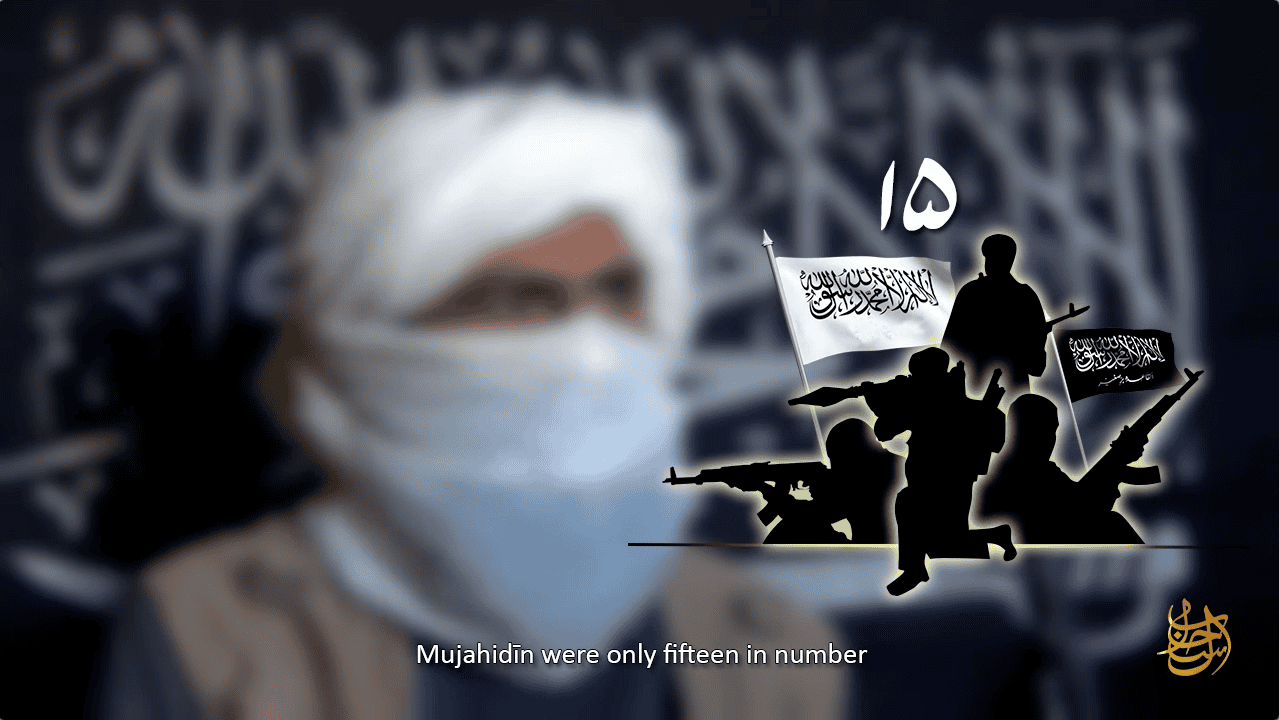
Secretary of State Mike Pompeo claims the Taliban has agreed to “destroy” al-Qaeda as the U.S. withdraws from the country. The text of the withdrawal agreement doesn’t say that and the Trump administration hasn’t explained how the Taliban’s alleged “break” from al-Qaeda will be verified or enforced.

The author is a designated terrorist closely allied with al Qaeda. That’s not mentioned. Neither is al Qaeda.
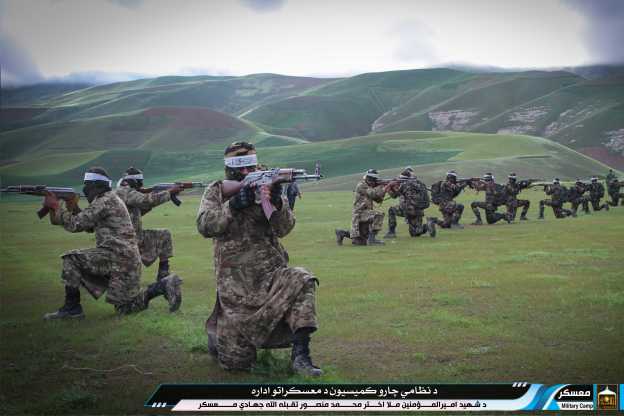
Taliban fighters are training in the open in a mountainous area that should be easily identified by the U.S. and Afghan militaries.

The White House has confirmed that AQAP’s leader, Qasim al-Rimi, was killed in a counterterrorism operation. Rimi served as a “deputy” to Ayman al-Zawahiri, meaning that he was likely part of al-Qaeda’s global management team.

The kidnapping took place less than three months after the Taliban and the U.S. conducted a prisoner exchange that freed three senior Haqqani Network leaders and two America professors. The Haqqani Network is thought to be behind the latest kidnapping.

According to a newly released UN monitoring team report, al-Qaeda’s relations with the Taliban “continue to be close and mutually beneficial.” The relationship has continued despite al-Qaeda’s reported concerns over the Taliban’s talks with the U.S.
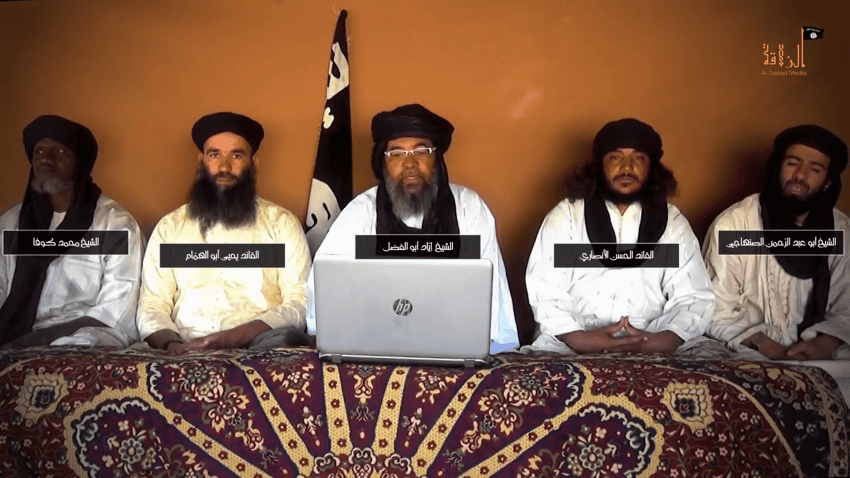
Al-Qaeda’s senior leadership released a statement praising the jihadists in Mali and elsewhere in Western Africa for confronting the “Crusaders.” Al-Qaeda’s management team encourages them to dismantle the “French and American project” across the region.
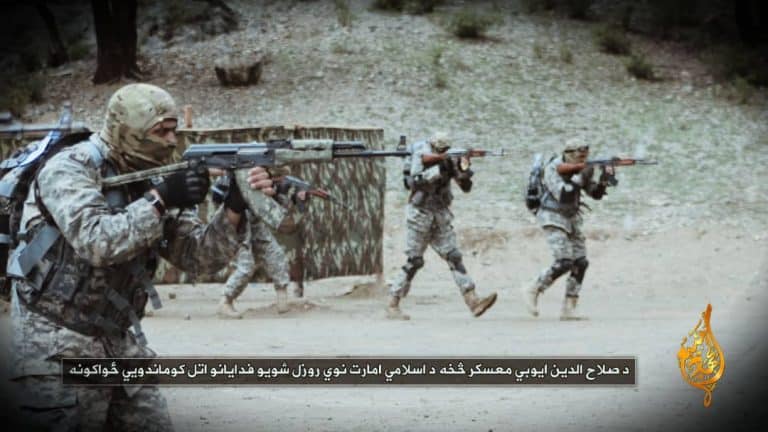
More than 500 members of American military families, including over 100 Gold Star families, have filed two lawsuits: one against the Islamic Republic of Iran, and another against eight multinational companies that operate in Afghanistan.
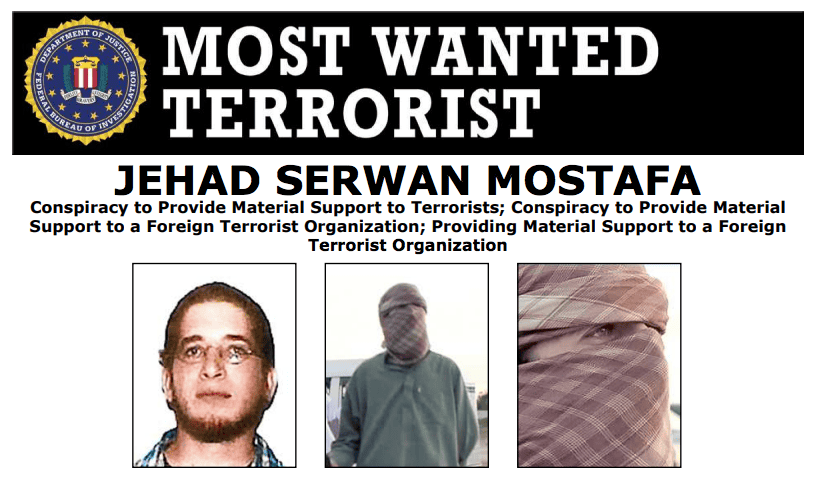
The Department of Justice has unsealed an updated indictment against Jehad Serwan Mostafa, an American who has long served as a senior figure in Shabaab. The FBI alleges that Mostafa has played a role in Shabaab’s explosives department, among other jobs. In 2011, he served as an emissary for Ayman al-Zawahiri.